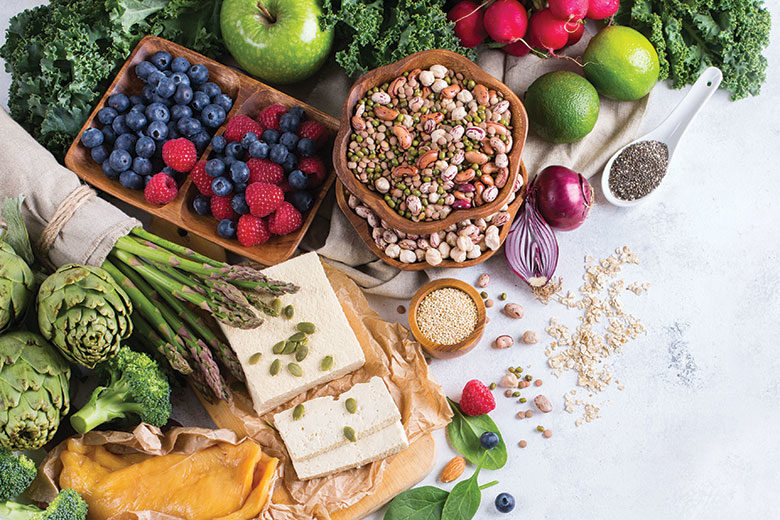
Image Source: Google
For many couples, the journey to starting a family can be filled with challenges. One often overlooked factor that can impact fertility is diet. What you eat plays a crucial role in your reproductive health, and making the right food choices can significantly improve your chances of conceiving. This is where a fertility dietician can step in to provide personalized guidance and support to help you achieve your family goals.
The Role of a Fertility Dietician
A fertility dietician is a specialized professional who is trained to provide nutritional advice tailored to individuals who are trying to conceive. Their expertise lies in understanding how different foods and nutrients can affect reproductive health and fertility. By working with a fertility dietician, you can expect personalized recommendations that are designed to support your specific needs and maximize your chances of getting pregnant.
How a Fertility Dietician Can Help You:
- Assess your current diet and identify areas for improvement
- Create a personalized meal plan that is rich in fertility-boosting nutrients
- Address any nutrient deficiencies that may be impacting your fertility
- Provide guidance on lifestyle factors that can influence fertility, such as exercise and stress management
- Offer ongoing support and adjustments to your diet plan as needed
Fertility-Boosting Foods
When it comes to eating for fertility, there are certain foods that are known to have a positive impact on reproductive health. A fertility dietician can help you incorporate these foods into your diet to optimize your fertility potential. Some fertility-boosting foods include:
1. Leafy Greens
- Rich in folate, which is essential for healthy ovulation and fetal development
- Contain antioxidants that help protect reproductive cells from damage
2. Berries
- Packed with vitamins and antioxidants that support overall reproductive health
- Low in sugar, making them a healthy option for balancing blood sugar levels
3. Lean Protein
- Important for hormone production and regulation
- Helps maintain a healthy body weight, which is crucial for fertility
4. Whole Grains
- Good source of fiber and essential nutrients that support hormonal balance
- Help regulate blood sugar levels and promote overall reproductive health
Key Nutrients for Fertility
In addition to eating fertility-boosting foods, it's important to ensure you are getting an adequate intake of key nutrients that are essential for reproductive health. A fertility dietician can help you identify any nutrient deficiencies and recommend supplements or dietary changes to address them. Some key nutrients for fertility include:
1. Folic Acid
- Essential for preventing neural tube defects in babies
- Supports healthy ovulation and implantation
2. Omega-3 Fatty Acids
- Help regulate hormones and promote healthy egg production
- Reduce inflammation and support a healthy uterine environment
3. Vitamin D
- Important for hormonal balance and reproductive health
- Supports embryo implantation and early pregnancy development
4. Iron
- Essential for healthy blood circulation and oxygen transport in the body
- Prevents anemia, which can impact fertility and pregnancy outcomes
Conclusion
When it comes to optimizing your fertility, what you eat can make a significant difference. By working with a fertility dietician, you can receive personalized guidance on how to improve your diet to support your reproductive health. Whether you are just starting to try to conceive or have been struggling with infertility, a fertility dietician can help you make the right food choices to enhance your fertility potential and increase your chances of achieving your family goals.